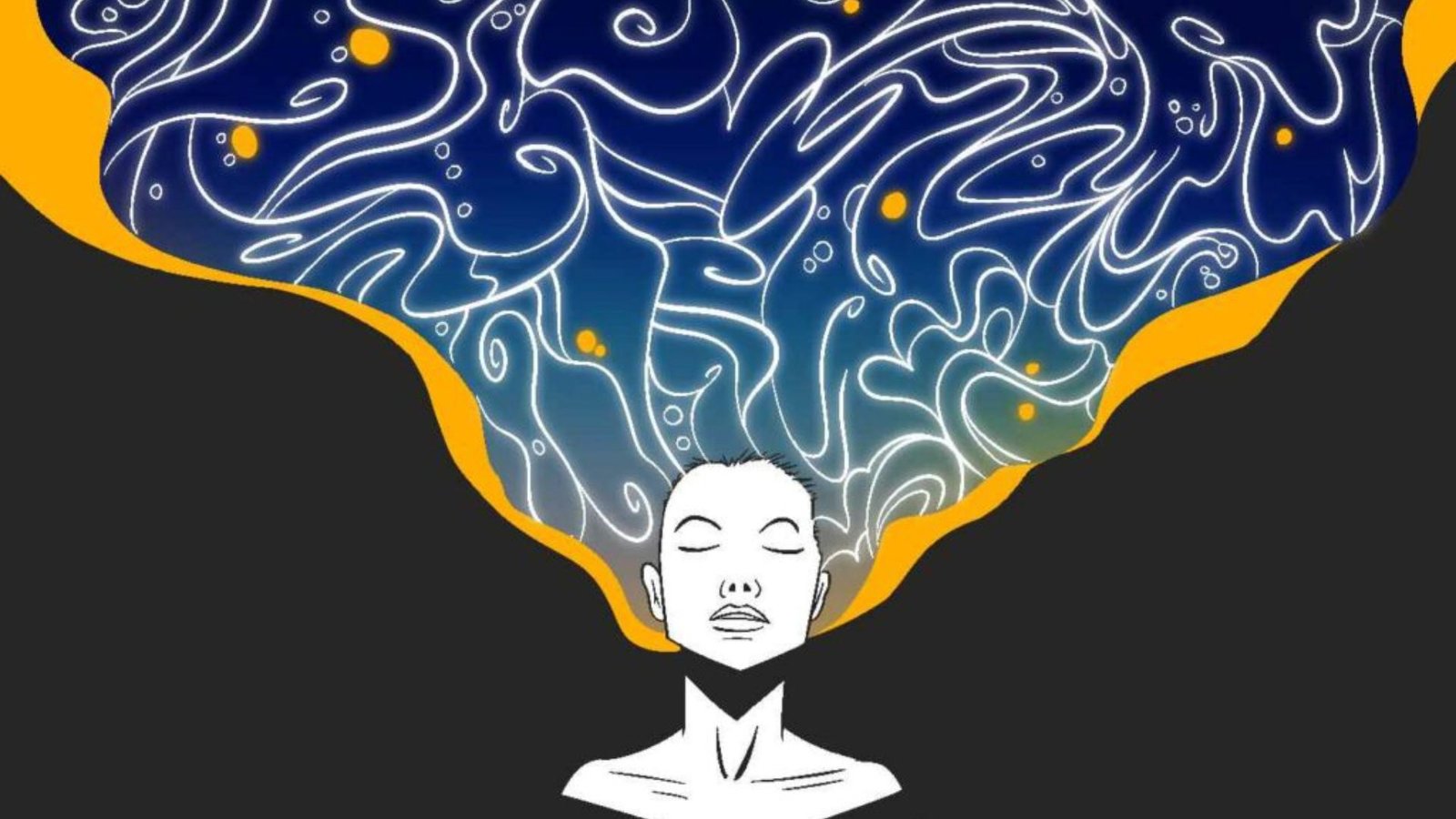Dreams have intrigued humans for centuries, and psychologists have developed various methods for interpreting them. Understanding how psychologists approach dream analysis can offer valuable insights into our subconscious and emotional well-being. In this post, we’ll explore the ways psychologists approach interpreting dreams and how these interpretations can enhance our understanding of ourselves.

1. Freudian Psychoanalysis
One of the most well-known approaches to dream interpretation comes from Sigmund Freud. Freud believed that dreams are a window into our unconscious desires and unresolved conflicts. He proposed that dreams contain both manifest content (the actual storyline) and latent content (the underlying meaning). Psychologists using Freudian techniques may analyze dream symbols and themes to uncover hidden emotions and desires, often linking them to childhood experiences.
2. Jungian Analysis
Carl Jung, a former student of Freud, developed his theories regarding dreams. Jung emphasized the importance of symbols and archetypes, viewing dreams as a means of personal and collective unconscious expression. Jungian psychologists may focus on recurring symbols in dreams and their significance to the dreamer’s personal growth. They often encourage individuals to explore the connections between their dreams and their waking lives, helping them to integrate insights for self-discovery.
3. Cognitive Behavioral Therapy (CBT)
Cognitive Behavioral Therapy (CBT) offers a more structured approach to dream interpretation. CBT practitioners may encourage individuals to analyze their dreams in the context of their thoughts and behaviors. By examining the cognitive distortions present in dreams, clients can identify patterns that may contribute to anxiety or depression. This approach focuses on reframing negative thought patterns and promoting positive change through dream analysis.
4. Gestalt Therapy
Gestalt therapy takes a unique approach by encouraging individuals to explore all aspects of their dreams. Practitioners may ask clients to act out different parts of their dreams, embodying characters or feelings within the dream. This experiential technique allows individuals to gain insights into their emotions and behaviors, fostering a deeper understanding of their inner world.
5. Existential Psychology
Existential psychologists view dreams as a way to explore the meaning of existence and personal authenticity. They encourage individuals to reflect on how their dreams relate to their values, fears, and aspirations. This approach emphasizes personal responsibility and self-exploration, helping individuals use their dreams as a tool for personal growth and understanding.
6. Cultural Context
Psychologists also consider the cultural context when interpreting dreams. Different cultures have distinct beliefs about dreams and their meanings. Understanding these cultural perspectives can provide valuable insights into how individuals perceive and interpret their dreams. By acknowledging cultural influences, psychologists can offer a more holistic approach to dream analysis.
7. Dream Journaling Techniques
Many psychologists recommend keeping a dream journal as a practical tool for dream interpretation. Recording dreams immediately upon waking helps individuals capture details that may otherwise fade. Psychologists may guide clients on how to reflect on their entries, identifying themes and emotions that emerge over time. This technique encourages self-awareness and personal insight.
8. Focus on Emotional Processing
Psychologists often emphasize the role of dreams in emotional processing. Dreams can serve as a way for individuals to work through unresolved feelings or experiences. By exploring the emotions present in dreams, psychologists help clients understand their emotional landscape and address any underlying issues. This approach fosters healing and self-acceptance.
9. Narrative Therapy
In narrative therapy, psychologists encourage individuals to view their lives as stories. When interpreting dreams, therapists may help clients reframe their dreams into narratives, exploring how these stories relate to their life experiences. This technique allows individuals to gain new perspectives on their dreams and create meaning from their experiences.
10. Integrating Dream Work into Therapy
Many psychologists integrate dream work into regular therapy sessions. By discussing dreams alongside other therapeutic techniques, therapists can help clients draw connections between their dreams and current life challenges. This integrated approach promotes holistic healing and personal growth.
Conclusion
Psychologists employ various methods for interpreting dreams, each offering unique insights into the subconscious mind. From Freudian psychoanalysis to cognitive behavioral approaches, these techniques can enhance our understanding of ourselves and facilitate personal growth. By exploring the ways psychologists interpret dreams, you can gain valuable tools for self-discovery and emotional healing.
Unlock the mysteries of your dreams and enhance your self-awareness through these psychological approaches!




